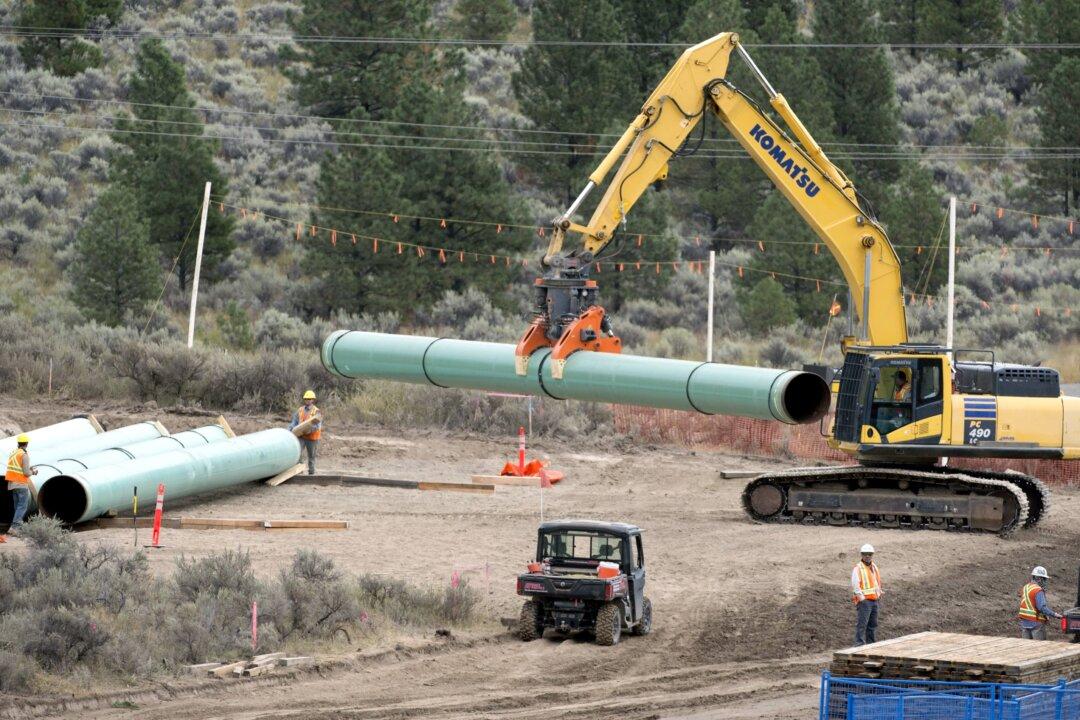The cost of the Trans Mountain expansion project has reached the point where it cannot make enough money to cover its growing debt. That’s according to several analysts who have been watching the project.
Earlier this year Trans Mountain announced that project costs had ballooned to $30.9 billion—a far cry from the $4.5 billion the federal government paid for the existing Trans Mountain pipeline, expansion project, and terminals in 2018.
